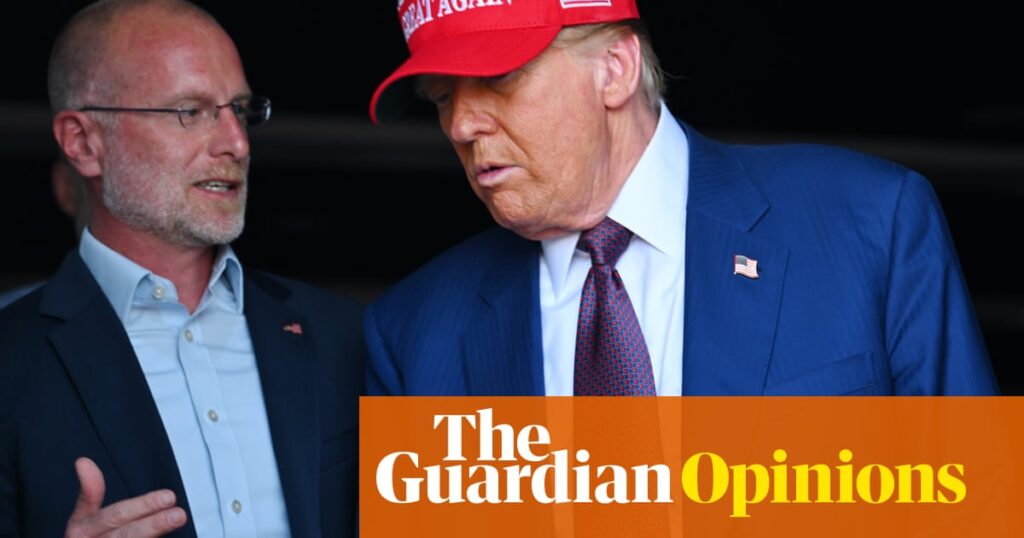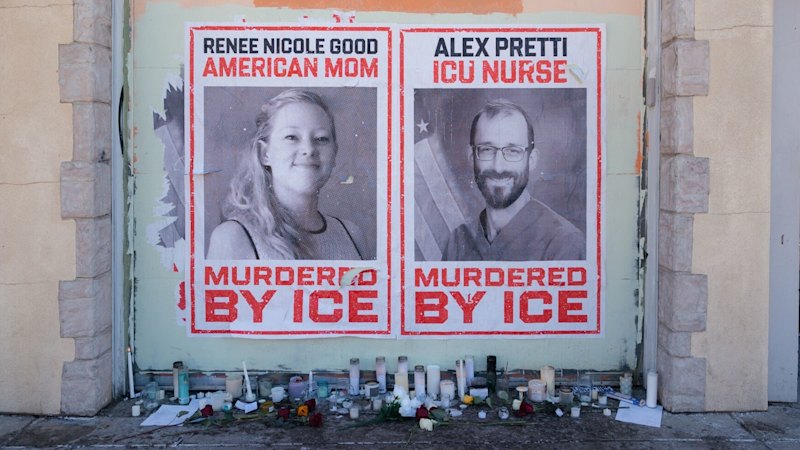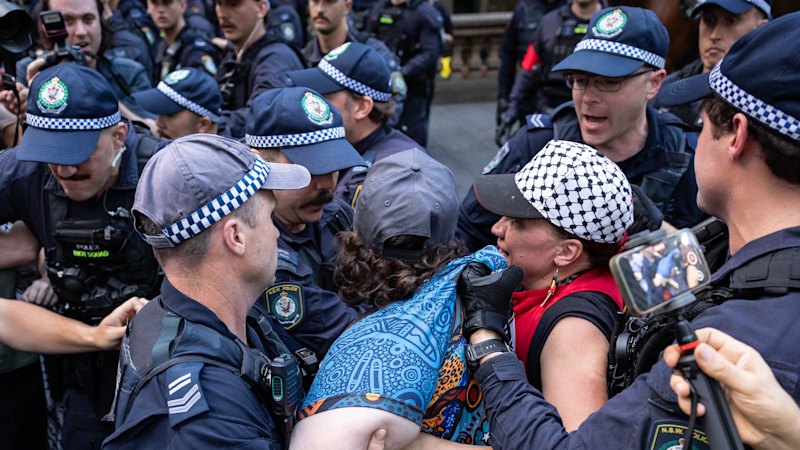
It is time to unfurl the “Mission Accomplished” banner at the Federal Communications Commission (FCC). Paramount Global, the parent company of CBS Television, has agreed to pay $16 million to settle a lawsuit brought by Donald Trump over the editing of a 60 Minutes interview with Kamala Harris. This settlement could potentially expedite the FCC’s review of the Paramount-Skydance Media merger, which had been stalled amidst the controversy.
The lawsuit, filed in the final week of the 2024 presidential campaign under the Texas Deceptive Trade Practices Act, accused CBS of “news distortion”. This statute has historically been used against false advertising, making its application in this case unusual. The case was brought to a federal district court known for its conservative leanings, and CBS dismissed the lawsuit as “without merit”.
The FCC’s Involvement in the Lawsuit
Just two days after President Trump took office, Brendan Carr, the newly appointed FCC chair, inserted the agency into the lawsuit’s issues. The New York Post highlighted Carr’s involvement, suggesting that the 60 Minutes editing scandal could impact the Paramount-Skydance merger review. This move marked a significant shift in the FCC’s traditional role.
The 60 Minutes broadcast in question aired in October, with excerpts appearing on Face the Nation a day prior. Following the broadcast, the Center for American Rights filed a complaint at the FCC, accusing CBS of “significant and substantial news alteration”. Although initially dismissed for attempting to misuse FCC authority, Carr reversed this decision upon becoming chair, initiating a formal proceeding.
Political Leverage and Regulatory Authority
The election of Trump and the appointment of Carr as FCC chair transformed the Paramount/CBS merger review into a broader issue, encompassing the 60 Minutes editing. Carr expressed confidence that the news distortion complaint would resurface during the FCC’s evaluation of the merger.
The formal paperwork for the FCC’s approval of the license transfers was submitted on September 6, 2024. With the lawsuit now settled, the speed at which the FCC proceeds will be closely watched. This case exemplifies the tactical leverage the Trump-appointed FCC exerts over regulated entities.
Expanding Influence Beyond Traditional Boundaries
Even before officially assuming the FCC chair position, Carr began wielding significant influence. He addressed a letter to the CEOs of major tech companies, accusing them of participating in a “censorship cartel” and threatening to investigate their editorial decisions under Section 230 of the Communications Act.
Recently, Carr conditioned Verizon’s acquisition of Frontier Communications on the elimination of its diversity, equity, and inclusion (DEI) policies. He also launched an investigation into Comcast for promoting DEI as a core business value, signaling a continued focus on anti-diversity efforts.
Implications for Media and Regulatory Independence
In his earlier career, Carr championed press freedom, advocating that newsroom decisions should remain beyond governmental reach. However, as FCC chair under Trump, he pursued investigations into public broadcasters NPR and PBS, scrutinizing their programming choices.
The FCC’s regulatory authority directly impacts about one-sixth of the American economy, with indirect effects on the remaining sectors that rely on communication networks. Once an independent, policy-driven agency, the FCC now appears to operate with a performance-based approach, leveraging its power to further political agendas.
The transformation of the FCC under Trump’s administration raises critical questions about the future of media regulation and its independence. As the agency continues to wield its influence, stakeholders and observers alike will be watching closely to see how these developments unfold and what they mean for the broader media landscape.





